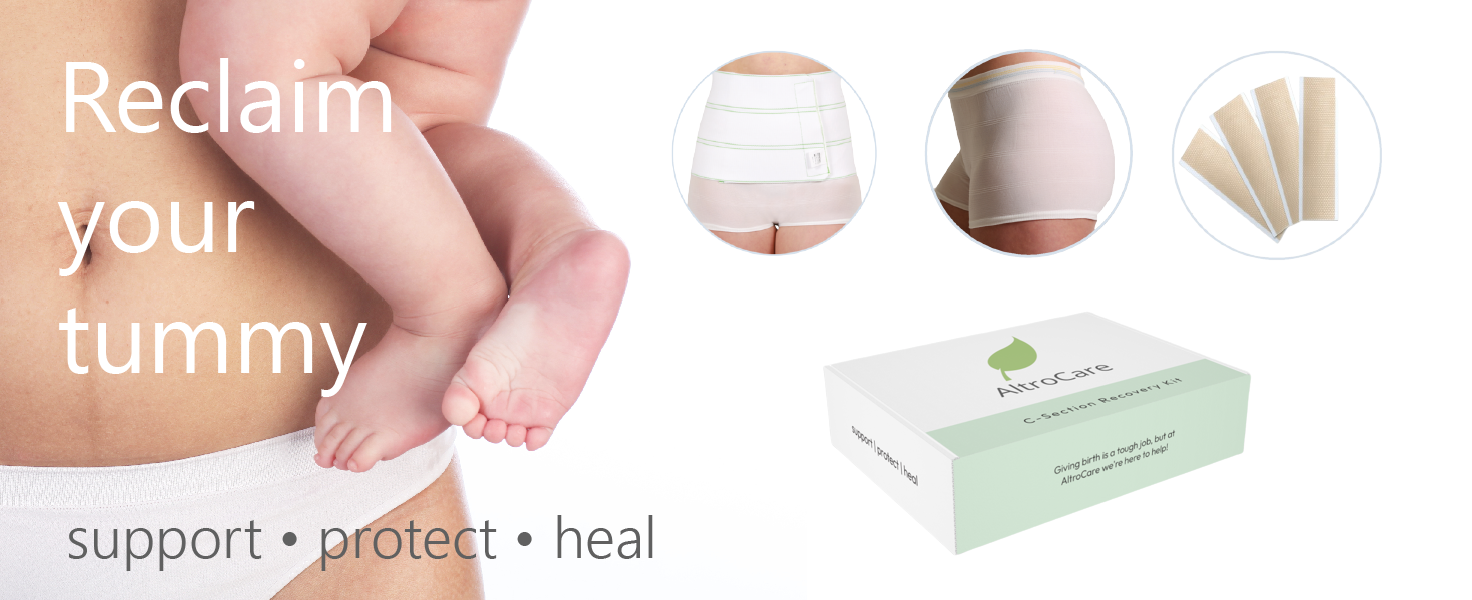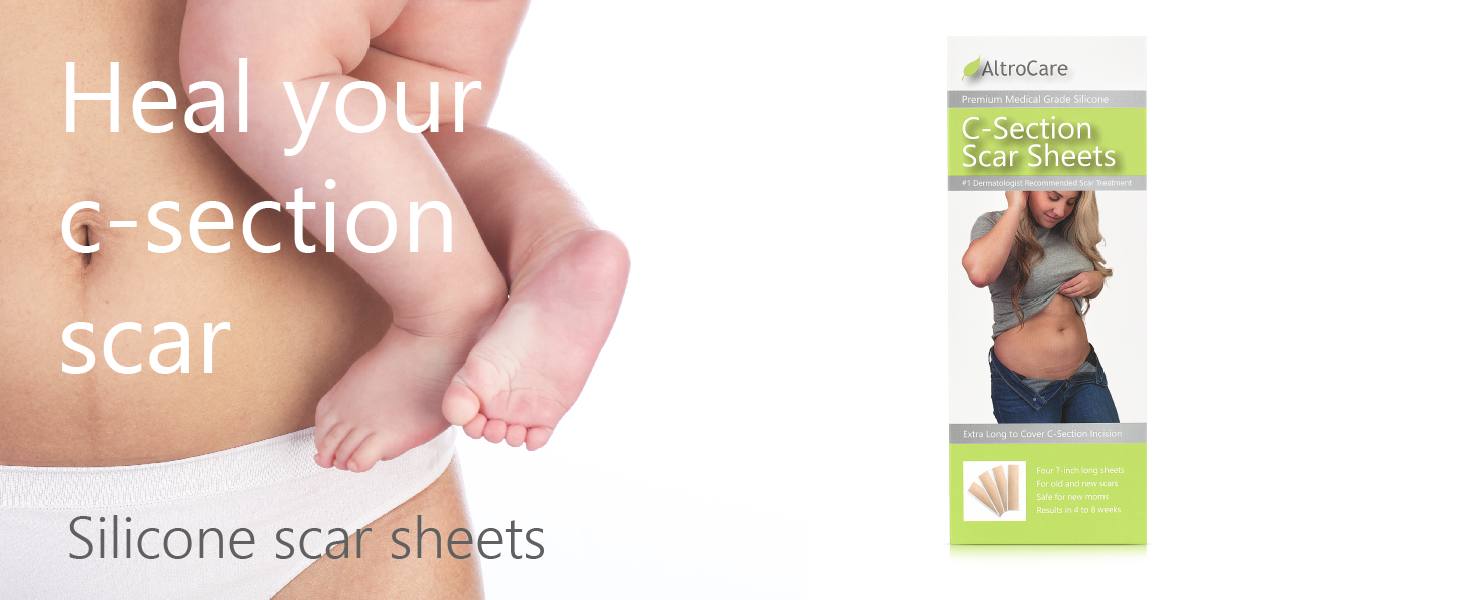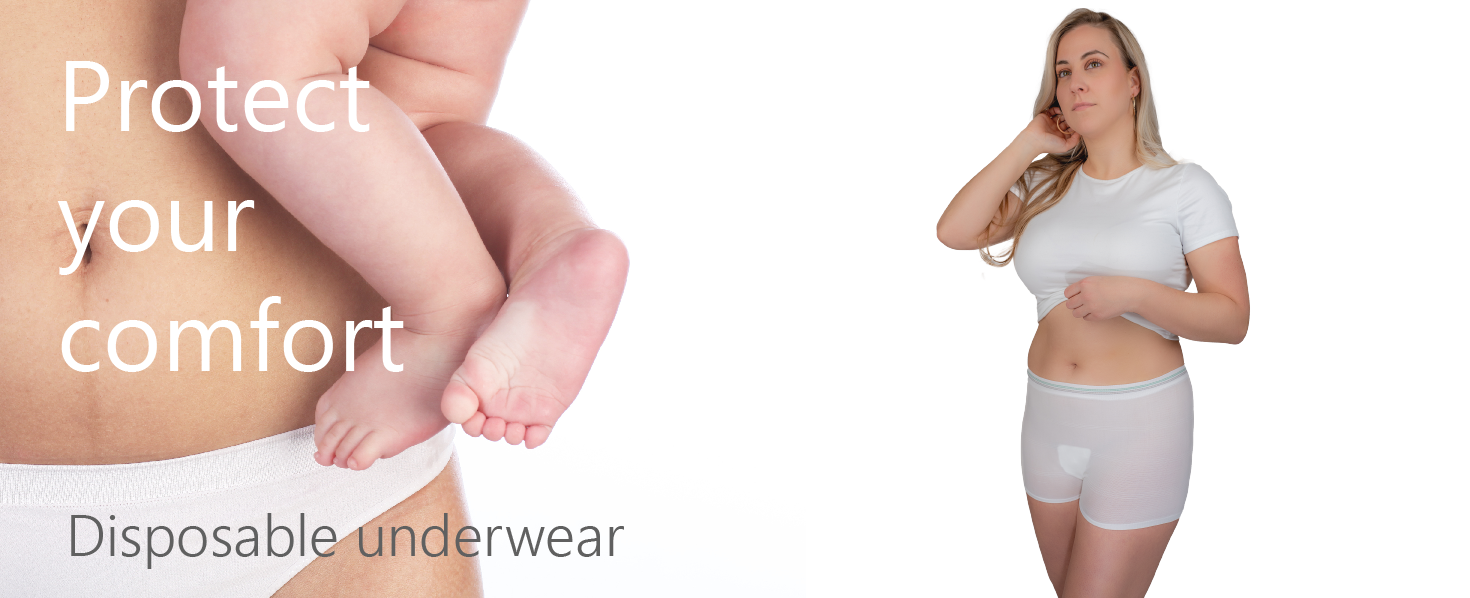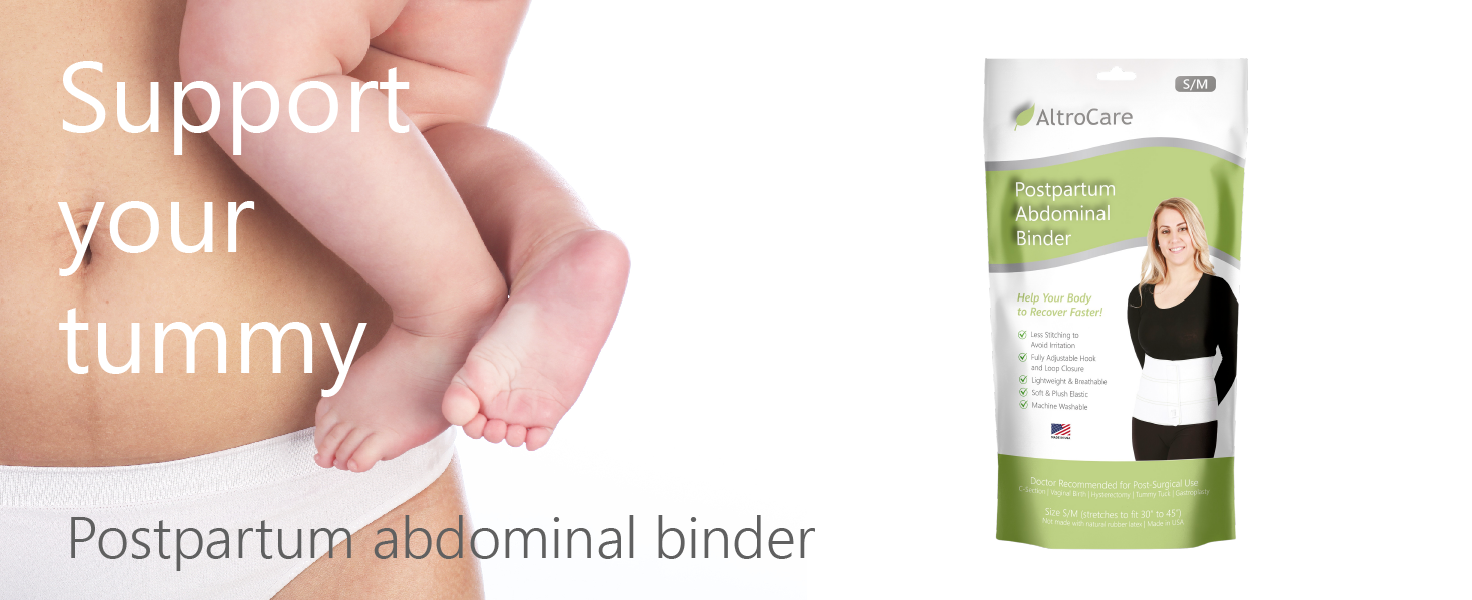Little did I expect last week, when writing my blog post about stress incontinence after childbirth, that I was transgressing what’s been called the last taboo in women’s health. When we tried to “boost” the post on Facebook we received a reply that it was not accepted because it “doesn’t follow Facebook’s advertising policies”. I don’t want to bore you with the minutiae of Facebook’s policies but in short, they don’t allow “explicit or suggestive content”, including “images that show nudity or cleavage”.
Now any of our followers who has seen the post can attest that clearly it does not include nudity or cleavage. What it shows, is a fully clothed lady in jeans who urgently needs to use the bathroom – a condition that according to doctors affects about 30% of all women worldwide sometime during their lifetime – and especially during and after pregnancy. But when we sent Facebook a nice email explaining this, they didn’t even bother to answer.
The taboo around female urinary leakage is exactly why studies show less than half of all women suffering from it seek medical help. It’s also why specialized products for adult incontinence such as pads and pants are still often hidden in the back of the drugstore. One study performed in Austria in 2011 shows that over 60% of respondents to an anonymous questionnaire felt that being incontinent was considered significantly more embarrassing than depression.
So, Facebook, please face it: women do suffer from urinary leakage. It is one of the most common ailments in women right after pregnancy and when they are over 60. And by the way, male urinary incontinence is becoming just as prevalent. So please get over the taboo!





